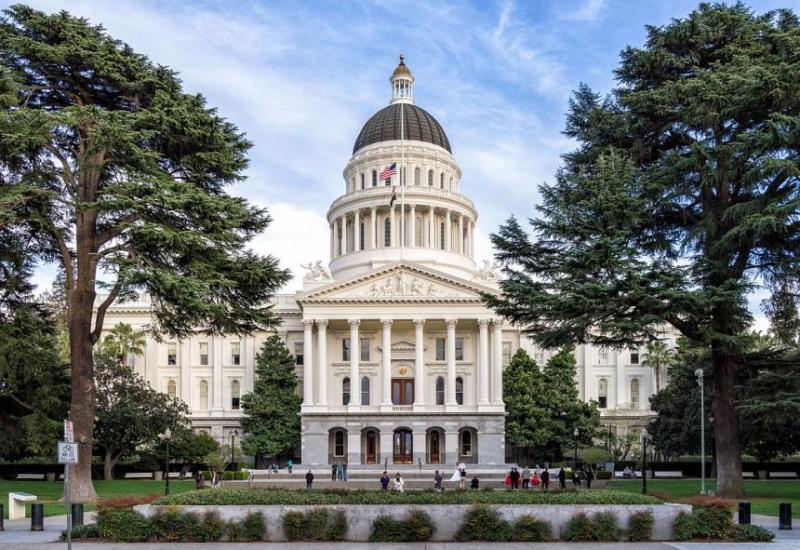Sen. Skinner’s Parole Reform Bill, SB 1064, OK’d by Senate Public Safety Committee
The Senate Public Safety Committee today, on a bipartisan, 6-1 vote, approved SB 1064, a bill by Sen. Nancy Skinner, D-Berkeley, that would eliminate the use of uncorroborated allegations from a confidential informant as evidence in a parole hearing. State law already bars the use of uncorroborated testimony from in-custody informants during criminal trials. SB 1064 would do the same for state parole board hearings.
“Allowing uncorroborated information from a confidential informant to influence a parole hearing is deeply unfair. California’s parole system needs to be modernized, and reforms that enhance rather than limit due process are a step in the right direction,” Sen. Skinner said.
Under the state’s existing system, an in-custody confidential informant can make an unsubstantiated allegation against another inmate, and that allegation can then be entered into the accused’s inmate’s file — without the accused person’s knowledge. Then, when the inmate comes up for parole, a parole board can deny release based solely, or in part, on the uncorroborated claim. Typically, the person eligible for parole doesn’t know about the allegation until the parole hearing and isn’t allowed to cross examine the person who made the claim or offer evidence proving the claim is false.
In 2011, California barred the conviction of criminal defendants based on uncorroborated testimony from in-custody informants (SB 687, Leno), because of the inherent unreliability of that information. However, such uncorroborated allegations are still used to deny parole to people in state prisons.
SB 1064 would bar California’s parole board from denying release to a person based solely, or in part, on uncorroborated information from an in-custody confidential informant. It would also prohibit prison personnel from finding an inmate guilty of a rules violation based solely, or in part, on uncorroborated information from a confidential informant. Such rules violations can also currently be used as a reason to deny parole. SB 1064 would also require that, in a prison disciplinary hearing, the accused inmate would have the opportunity to confront witnesses before an impartial hearing body and be provided a written statement of the evidence relied upon and an opportunity for appeal.
“Due process lies at the very foundation of our criminal legal system, yet the discretionary parole process has been too arbitrary for too long. Parole commissioners must not rely on biased opinions and unproven allegations to condemn people to die in prison,” said Keith Wattley, founder of UnCommon Law, an Oakland nonprofit legal organization that works to help California prisoners gain parole. “We’re seeing people who have completely transformed their lives during decades in prison only to be denied parole based on confidential, unproven allegations someone made about them years ago. Fundamental fairness requires an end to that practice.”
SB 1064 now goes to the Senate Appropriations Committee for consideration later this month.
Sen. Nancy Skinner represents the 9th Senate District and is the Senate majority whip. She is also chair of the Senate Public Safety policy and budget committees.
